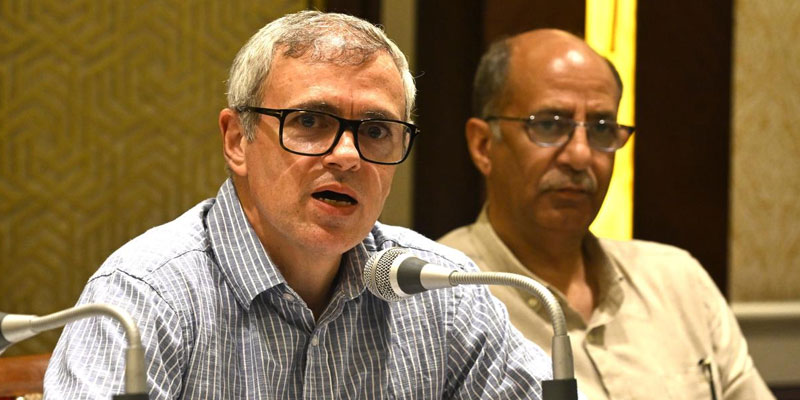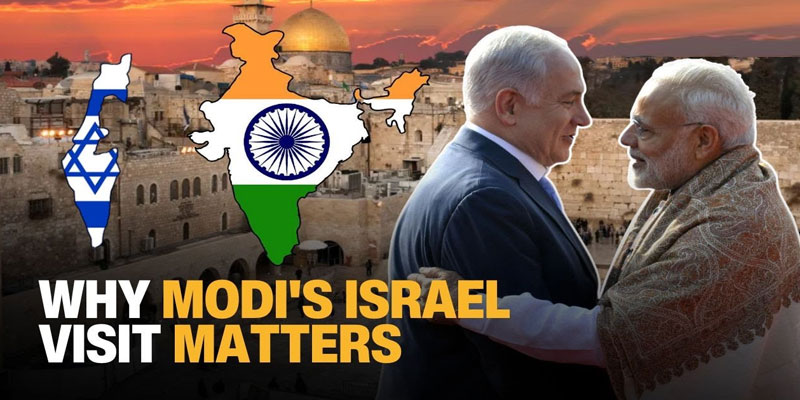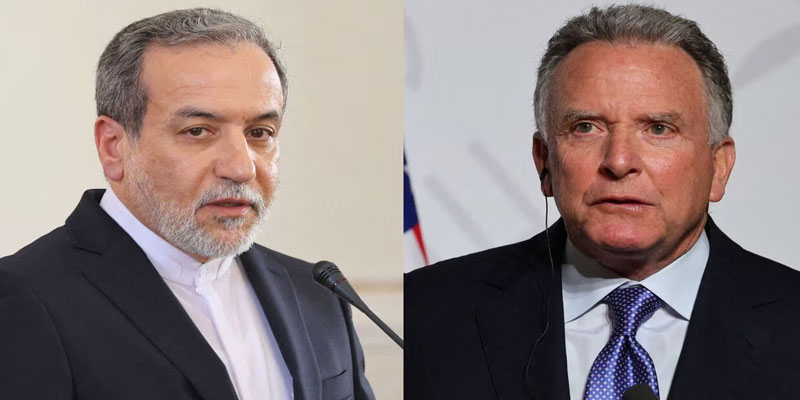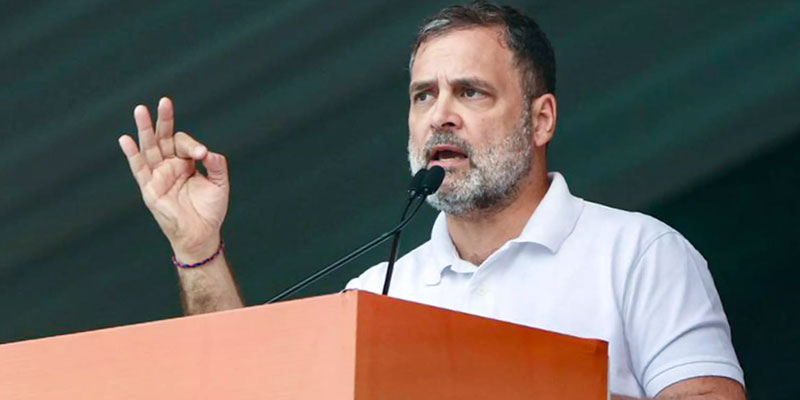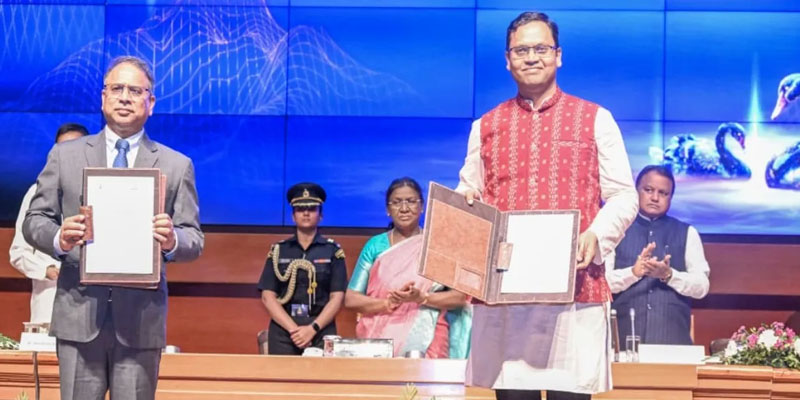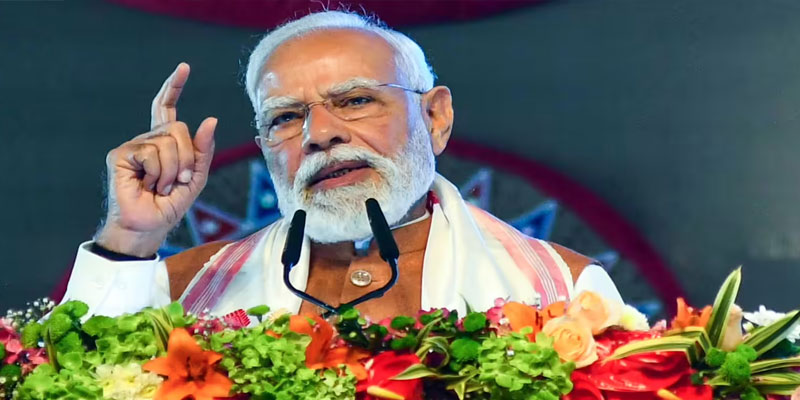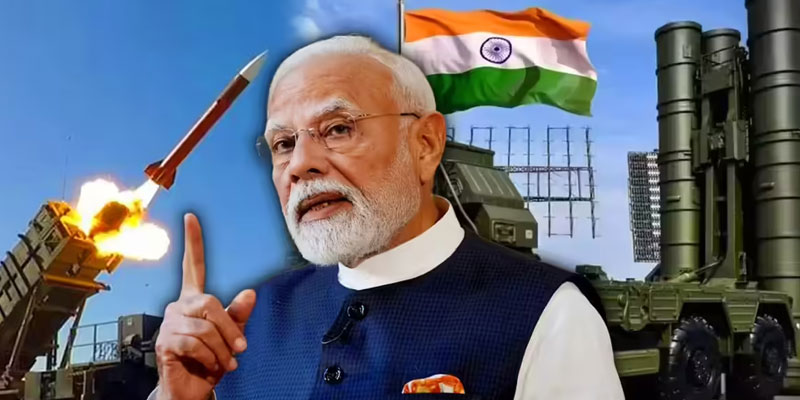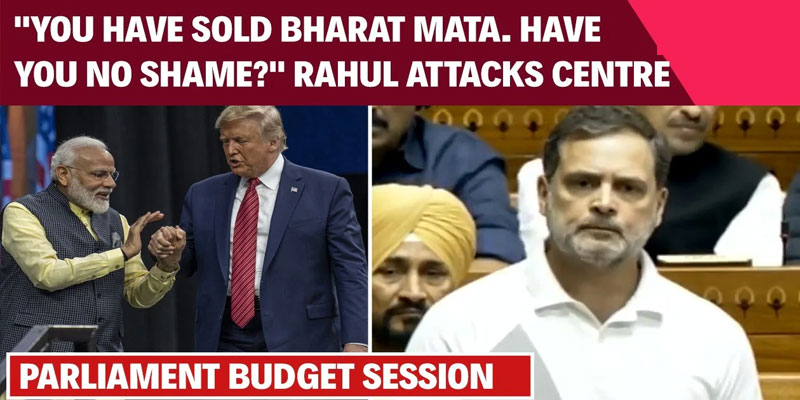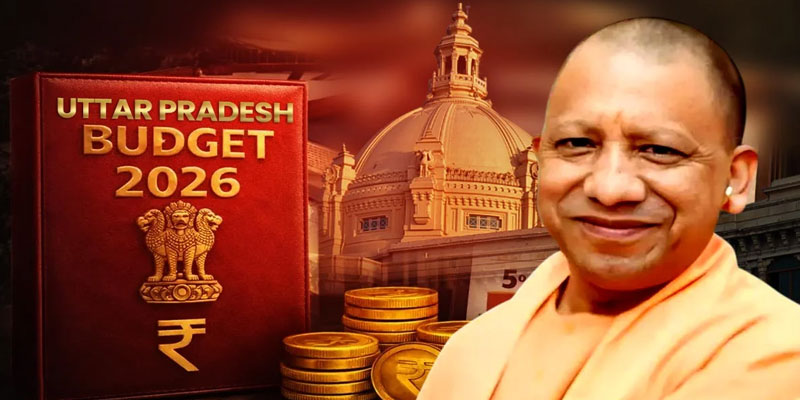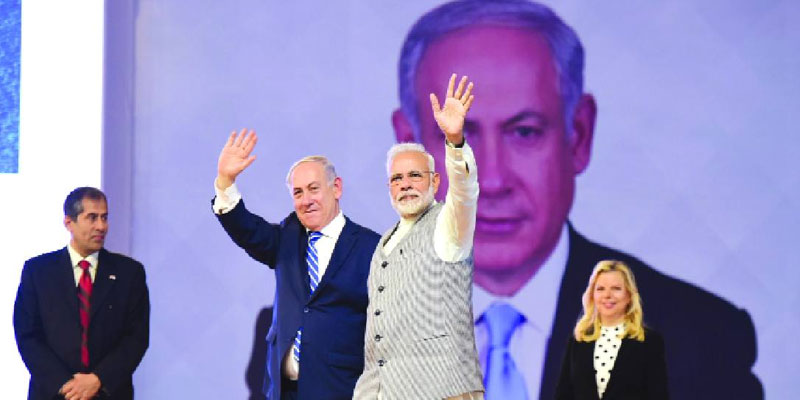Omar Abdullah’s big Kashmir tourism push as he cycles on Pahalgam streets
Just weeks after the April 22 terror attack in Pahalgam shook the Valley and disrupted the fragile flow of tourism, Jammu and Kashmir Chief Minister Omar Abdullah mounted a symbolic and strategic response—on two wheels. On Tuesday, Abdullah chaired a historic Cabinet meeting in Pahalgam before taking to the town’s scenic streets on a bicycle, signaling strength, resilience, and a renewed push to restore tourism confidence.
The attack, followed by the security crackdown under Operation Sindoor, had cast a long shadow over Pahalgam’s summer season. Fear rippled through would-be travelers and tourism operators alike, jeopardizing an economic mainstay for the region. Abdullah’s visible presence, mingling with locals and cycling freely, was designed to counter that fear and reclaim the narrative.
Tourism: Kashmir’s Lifeline Under Siege
Tourism isn’t just a sector in Jammu and Kashmir—it’s a lifeline. From houseboat operators on Dal Lake to shopkeepers in Gulmarg and guides in Pahalgam, tens of thousands of families depend on tourism for their daily survival. A single season marred by violence can tip entire communities into economic despair.
Omar Abdullah’s visit underscored the essential role tourism plays in the region’s socio-economic fabric. “Tourism should remain a conflict-neutral activity,” he emphasized—highlighting that politics and terrorism must not be allowed to hijack the hopes and livelihoods of everyday Kashmiris.
The April attack came at a critical time. Spring in Kashmir marks the start of peak tourist inflow, especially to destinations like Pahalgam known for their meadows, treks, and riverside retreats. After years of gradual recovery in tourist numbers post-Article 370 abrogation and pandemic lockdowns, 2024 was poised to be a strong year. The assault and ensuing military response risked undoing much of that progress.
Abdullah's symbolic ride wasn’t just about optics—it was about ownership. It reassured tourists that Kashmir remains safe, resilient, and open for business. It also sent a message to locals: your government stands with you, even in the most vulnerable moments.
Resilience in the Face of Adversity
The Chief Minister didn’t shy away from acknowledging the courage shown by Pahalgam’s residents after the attack. “This meeting is our way of thanking them,” he said, referring to the Cabinet session held outside the traditional seats of Srinagar and Jammu for the first time in his term.
By choosing Pahalgam, Abdullah drew a political and emotional line in the sand—asserting that terrorism cannot dictate the geography of governance. “The enemies of peace will never dictate our resolve,” he said. His cabinet meeting and subsequent cycle ride were both declarations of defiance and unity.
Beyond symbolism, such gestures have ripple effects. Tour operators feel emboldened, bookings start to tick up, and the narrative begins to shift from fear to normalcy.
Reclaiming the Valley with Courage and Clarity
Tourism in Kashmir is more than business—it is a daily referendum on peace, stability, and the people’s right to livelihood. Omar Abdullah’s cycling act in Pahalgam wasn’t just a political statement—it was an invitation to the world: come, visit, support, and see that the Valley refuses to be defined by its darkest days.
As Kashmir navigates its complex terrain of beauty and conflict, such leadership moments matter. Because sometimes, reclaiming a place begins not with speeches or security operations—but with a quiet, defiant ride down its streets.
(With agency inputs)


